Introduction
Overview of Off-Grid Solar Systems
Off-Grid Solar Systems Overview Off-grid solar systems operate independently from the utility grid, making them perfect for remote locations that cannot easily extend power lines. Solar panels typically combine with storage batteries, controllers, and inverters; batteries play a pivotal role as excess solar energy can be stored for later use on nights with little sun or cloudy days.
Introduction to Different Types of Solar Batteries with a Focus on LiFePO4
LiFePO4 batteries are at the core of this introduction to various solar battery types.
Each battery comes with its own set of advantages and drawbacks. Due to their lower initial cost and widespread availability, lead-acid batteries have long been popular options; but modern technological advancement has since introduced more sustainable and energy-saving battery options like LiFePO4 batteries (lithium-iron phosphate). Here we explore why LiFePO4 batteries have quickly become such a favorite choice in solar applications.
Understanding Battery Technologies for Solar
Provides an Introduction to Solar Battery Technology
Solar systems relying on different battery types are affected in terms of cost, efficiency and maintenance costs. While lead-acid batteries tend to have lower costs but require frequent maintenance; nickel-cadmium cells last long but their toxic material could harm the environment; lithium-ion battery types like LiFePO4 have longer lives with reduced maintenance needs yet are initially more costly;
LiFePO4 Batteries for Vehicle Applications
LiFePO4 batteries: What Are They and How Do They Work? LiFePO4 is a lithium-ion subset that employs lithium iron phosphate as the cathode material. This chemistry offers many benefits regarding safety, thermal stability, cycling life, and thermal runaway risk reduction; LiFePO4 cells also boast more cycles for charging and discharging, making them perfect for energy storage applications.

LiFePO4 vs. Other Battery Types
LiFePO4 vs. Lead-Acid Batteries
extend well beyond efficiency; lifespan and cost considerations—as demonstrated here—all make LiFePO4 an outstanding choice compared with lead acid batteries in many key areas; these include performance (efficiency), lifespan (lifespan), and overall costs compared with lead acid batteries, which are discussed at length herein.
LiFePO4 batteries boast increased discharge and charge efficiencies that allow them to more effectively harness solar energy, leading to their use as solar batteries. Their lifespan typically stands between 500 and 1000 charge cycles with an 80% discharge depth; LiFePO4s outlive the latter two options by almost twice their lifecycle time!
Cost Savings: Though LiFePO4 batteries initially may appear more costly than traditional options, their longer lifespan and reduced maintenance expenses make significant cost savings over time.
Advantages of LiFePO4 Over Traditional Options
Here's A LiFePO4 Alternative To Traditional Solutions
LiFePO4 battery lifespan, maintenance costs, and benefits are discussed herein. These advantages translate to reduced long-term expenses due to lower replacement rates in remote or hard-to-access installations; plus their quick charging capability makes LiFePO4 batteries ideal choices in various climate zones.
Benefits of LiFePO4 Batteries in Off-Grid Systems
Improved Battery Performance and Efficiency
LiFePO4 battery efficiency contributes to improved system performance
LiFePO4's high energy efficiency allows more solar energy to be turned into useful energy, making this battery especially important in systems that operate off-grid, as every extra watt of solar can make a difference between having enough and running out.
Environmental and Safety Considerations
LiFePO4 battery safety concerns and eco-friendly attributes are being explored for use in residential settings, especially LiFePO4. LiFePO4 can offer significant fire and explosion risk savings while being more eco-friendly due to not containing harmful materials like lead or cadmium, which makes disposal and environmental impacts significantly reduced.
Off-Grid Solar System Design with LiFePO4
Optimizing System Performance
Design of LiFePO4 Off-Grid Solar Systems: Key Considerations
When creating an off-grid LiFePO4 system, its design should take several considerations into account, including selecting an adequate battery bank size based on energy needs and installing solar panels with maximum energy capture potential; configuring solar panels to capture maximum solar radiation; selecting charger controllers and inverters accordingly; and making decisions which guarantee reliable operation of LiFePO4. A proper LiFePO4 design maximizes its benefits through increased reliability and efficiency, ensuring maximum benefits as well as maximum performance benefits by guaranteeing reliability and efficiency.
Implementing LiFePO4 in Your Solar System
Solar System Setup with LiFePO4
How to Integrate LiFePO4 Batteries in an Off-Grid Solar Setup
Integrating LiFePO4 batteries into an off-grid solar system requires careful consideration and implementation, as well as selecting appropriate hardware and configuring your system correctly for maximum performance. Our guide offers step-by-step instructions designed to make this a seamless process that ensures the long-term sustainability of the system.
Charges and Maintenance Services
LiFePO4 battery charging and maintenance: Best practices LiFePO4 batteries need specific voltage and current charges to optimize their performance and lifespan, and this section offers information about correct charging techniques (using solar charge controllers, etc.) as well as ways to maintain balanced charging for the health of LiFePO4 cells.
Cost and Longevity Considerations
Economic Evaluation of LiFePO4 Batteries
Examining Initial Costs Versus Long-term Savings
When examining LiFePO4 battery cost-effectiveness, an analysis should include both initial investment and potential long-term savings due to lower maintenance costs. An in-depth cost evaluation enables users to understand their returns and benefits over the lifetime of the battery.
Replacement Cycles and Lifespan
LiFePO4 battery lifespan can be used to calculate its long-term value.
LiFePO4 battery technology holds great value over time and its extended lifespan stands out against other types of batteries. To better comprehend its advantages when considering cost and operational efficiencies of frequent replacement cycles.

Case Studies and Real-world Applications
Case studies of successful off-grid installations
utilize LiFePO4 Power Storage as examples of effective solutions for off-grid power storage
Real-life LiFePO4 battery installations in various cases demonstrate their dependability and efficacy, providing insight into their capabilities and benefits. These real-life cases provide proof that LiFePO4 batteries offer great potential solutions.
A comparative Analysis is conducted
Analysis of Off-Grid Solar System Performance with Different Battery Types
Comparative analyses between off-grid systems using various battery types demonstrate LiFePO4's advantages over others and explain its popularity due to its efficiency, durability, and value proposition.
Conclusion
LiFePO4 batteries make great energy storage solutions for off-grid solar systems due to their efficiency, longevity, environmental friendliness, and safety features. As sustainable power sources, they make ideal choices.
Future Perspectives on LiFePO4 as Renewable Energy Storage. LiFePO4 batteries look set for success as demand for efficient and sustainable energy solutions grows, becoming more affordable and accessible due to improvements in battery technology.
continues to advance. This could lead to a wider adoption of renewable energy storage solutions worldwide. Encouragement to Readers: LiFePO4 as an Off-Grid System
Our readers are encouraged to consider the benefits of LiFePO4 battery systems for off-grid, solar power systems. Understanding the benefits and long-term effects of LiFePO4 will help you make an informed choice that can ensure energy independence.
How to Choose and Purchase the Best Batteries For Your Needs
Consider factors like capacity, compatibility, environmental conditions, and your solar system's components when selecting LiFePO4 Batteries. The performance of your solar off-grid system will be maximized with the right selection and purchase strategies. Use visuals like charts and diagrams to illustrate technical points Charts, diagrams, and infographics are useful for illustrating complex concepts, such as the lifecycle costs of batteries, system design, or battery efficiency. Visual aids can make information easier to access and understand. They also improve the readability of content.


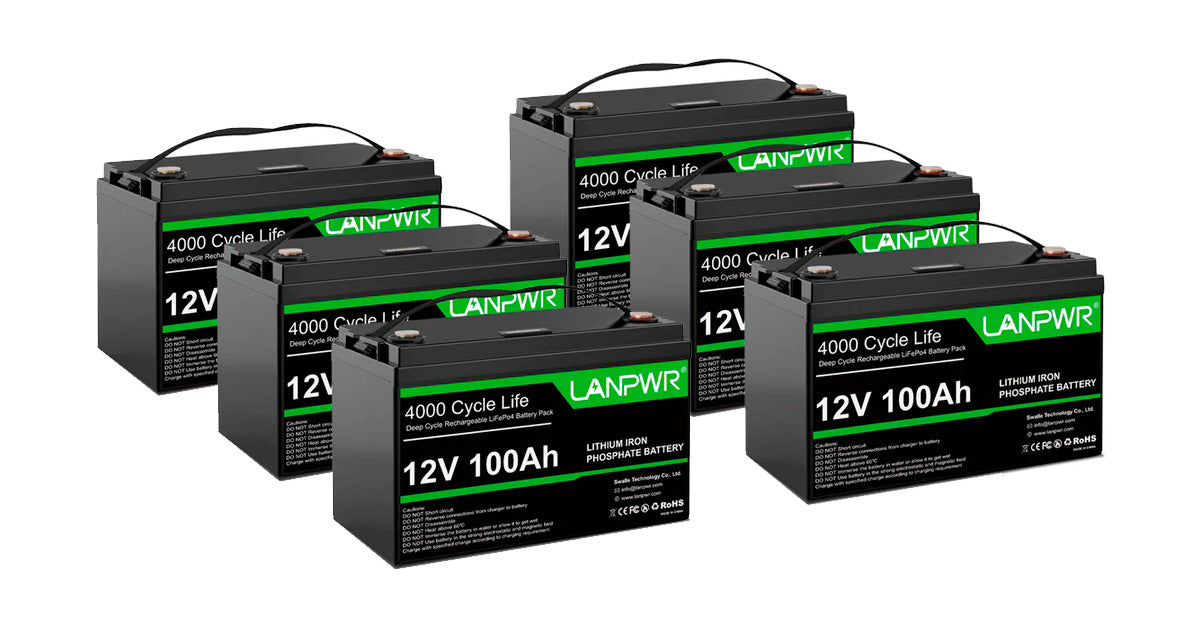
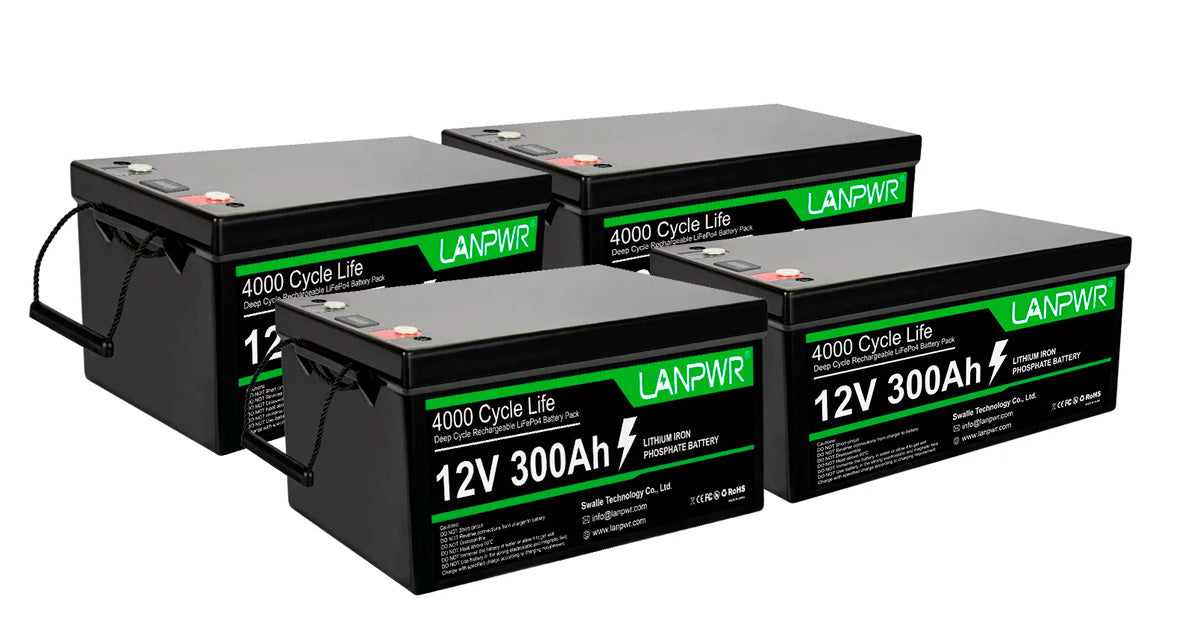


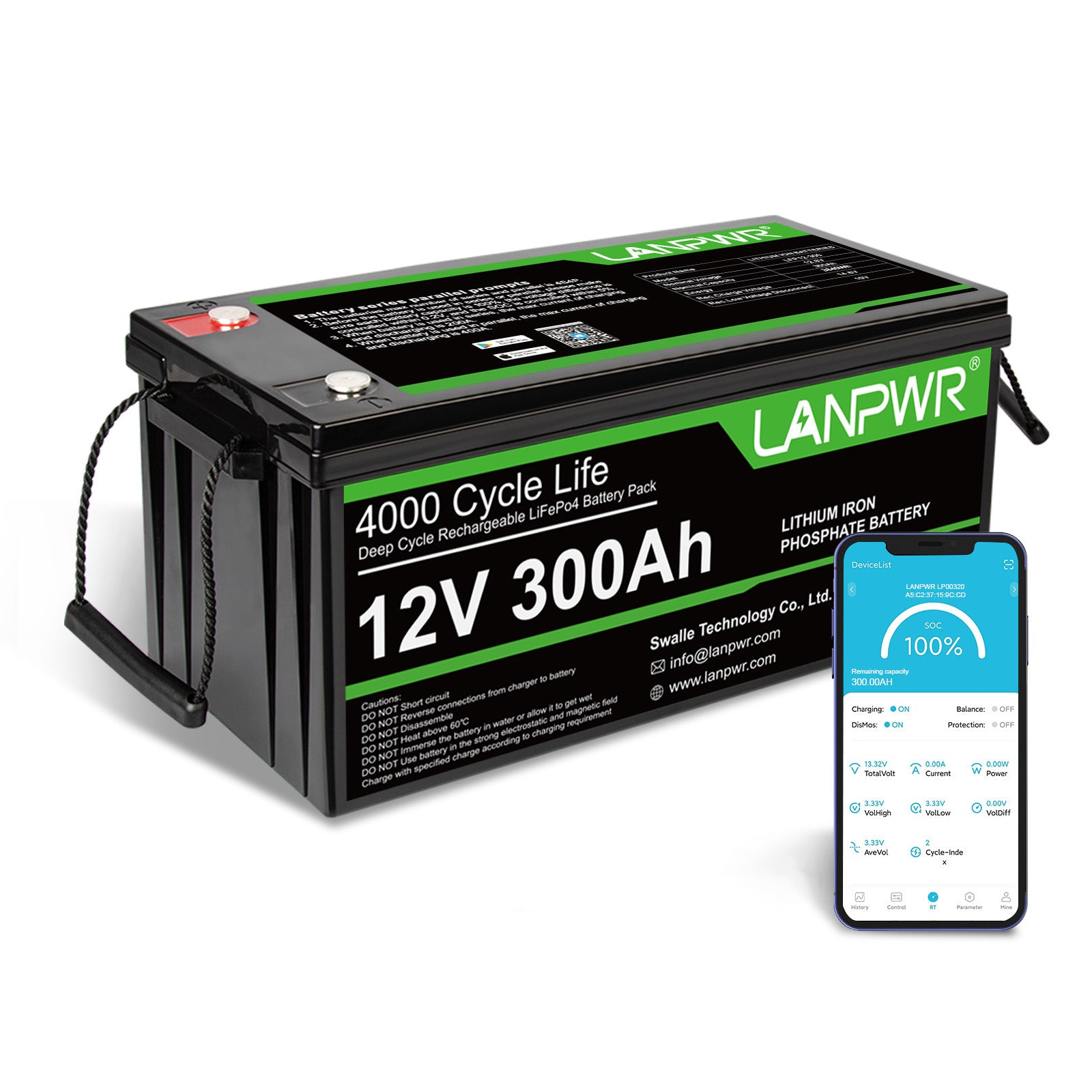
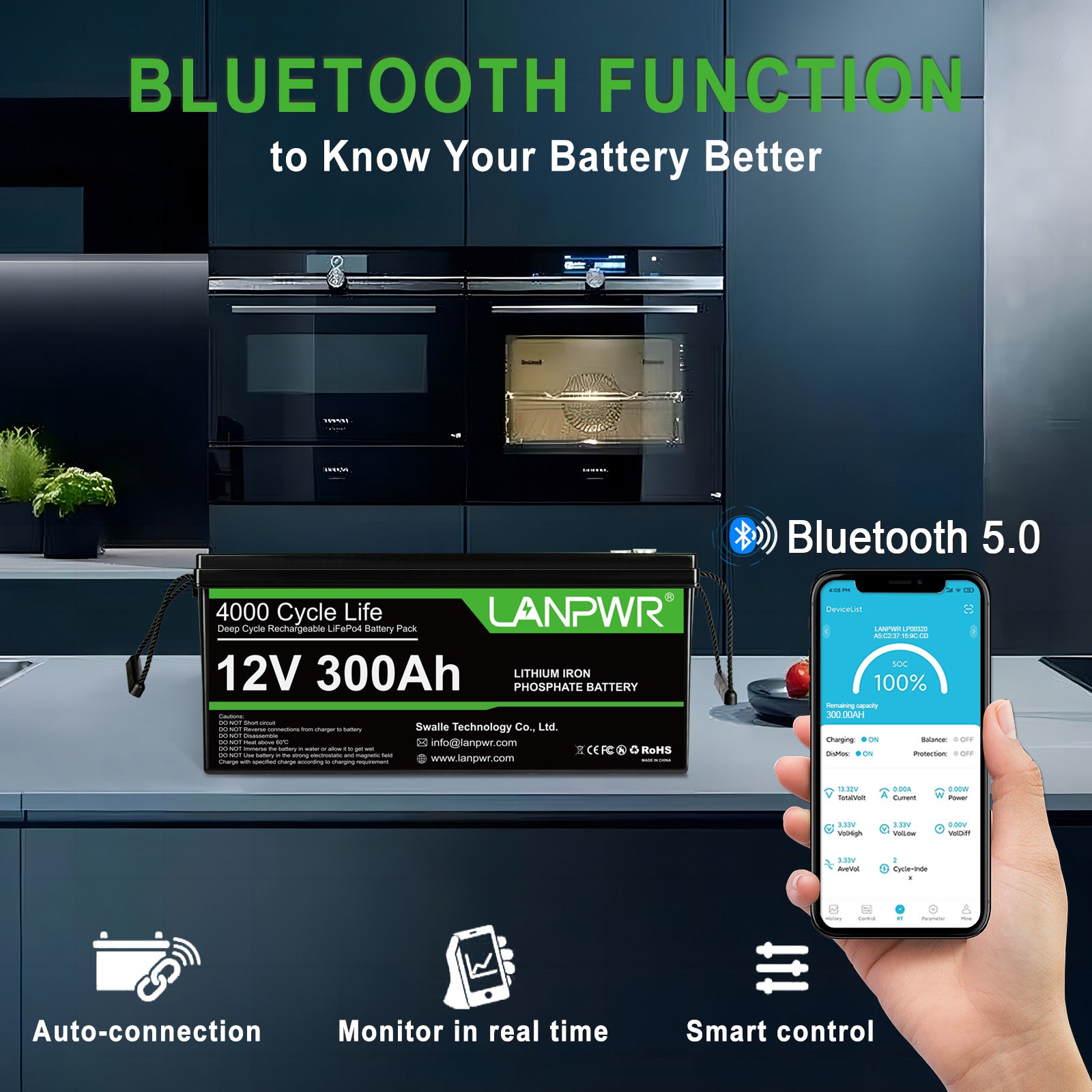
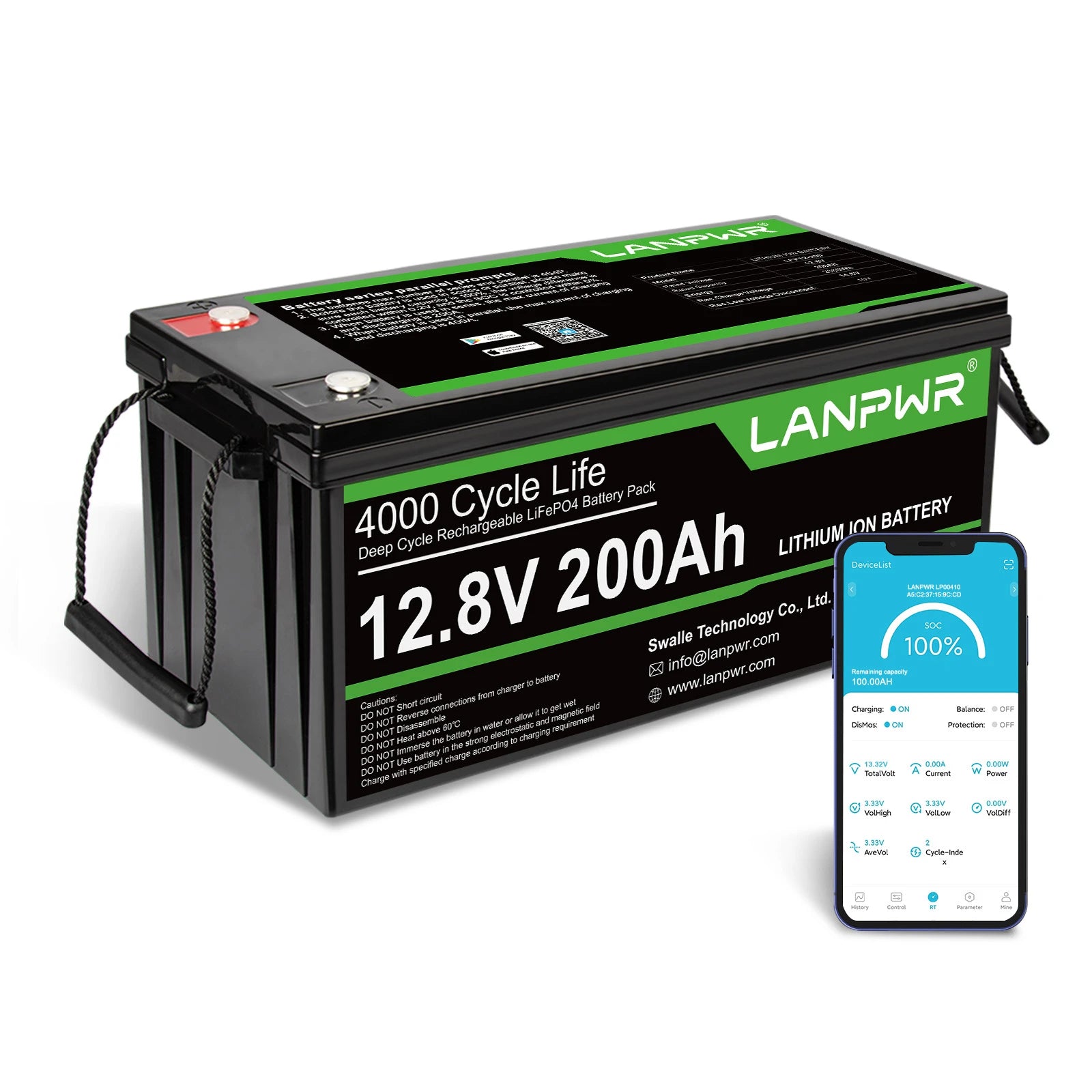
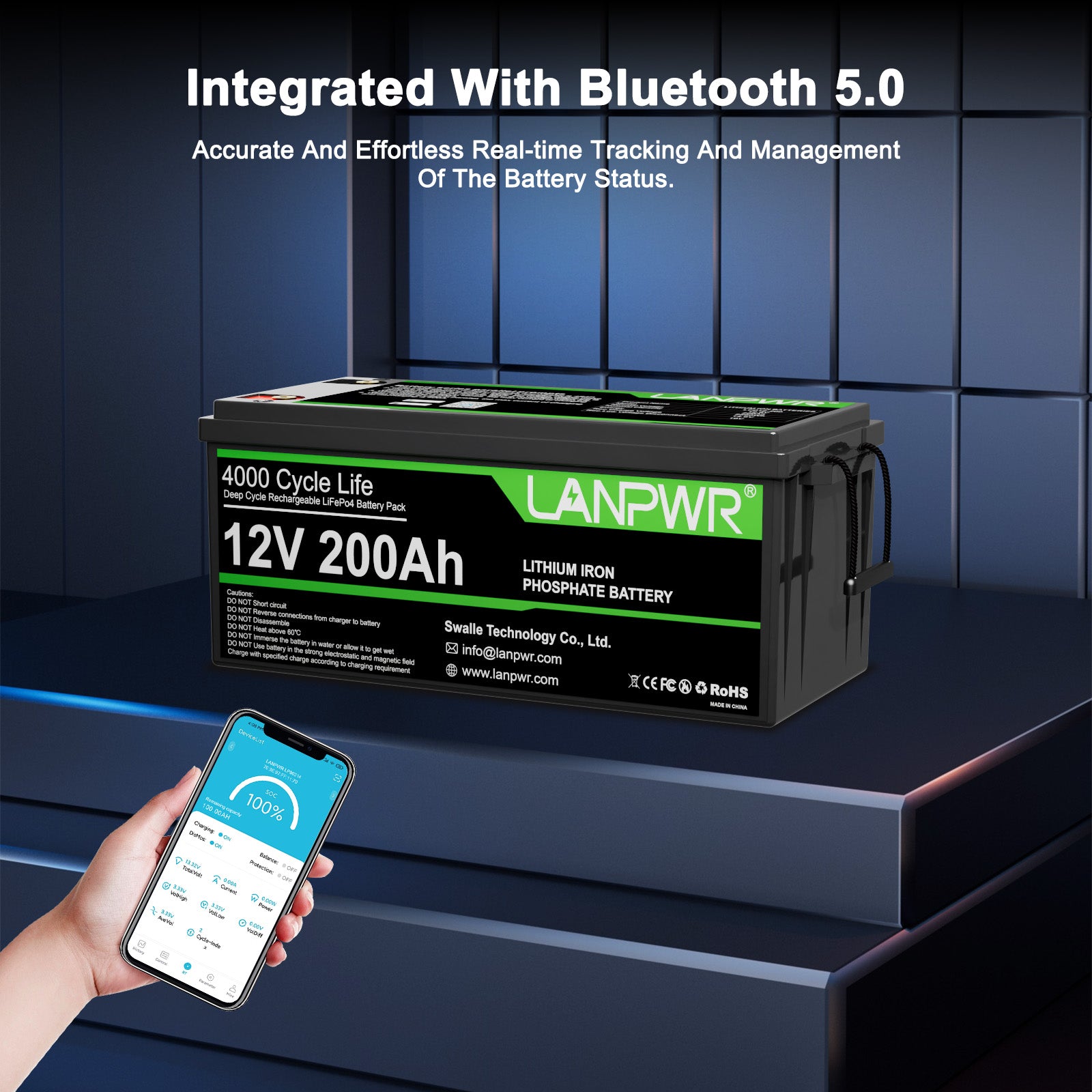
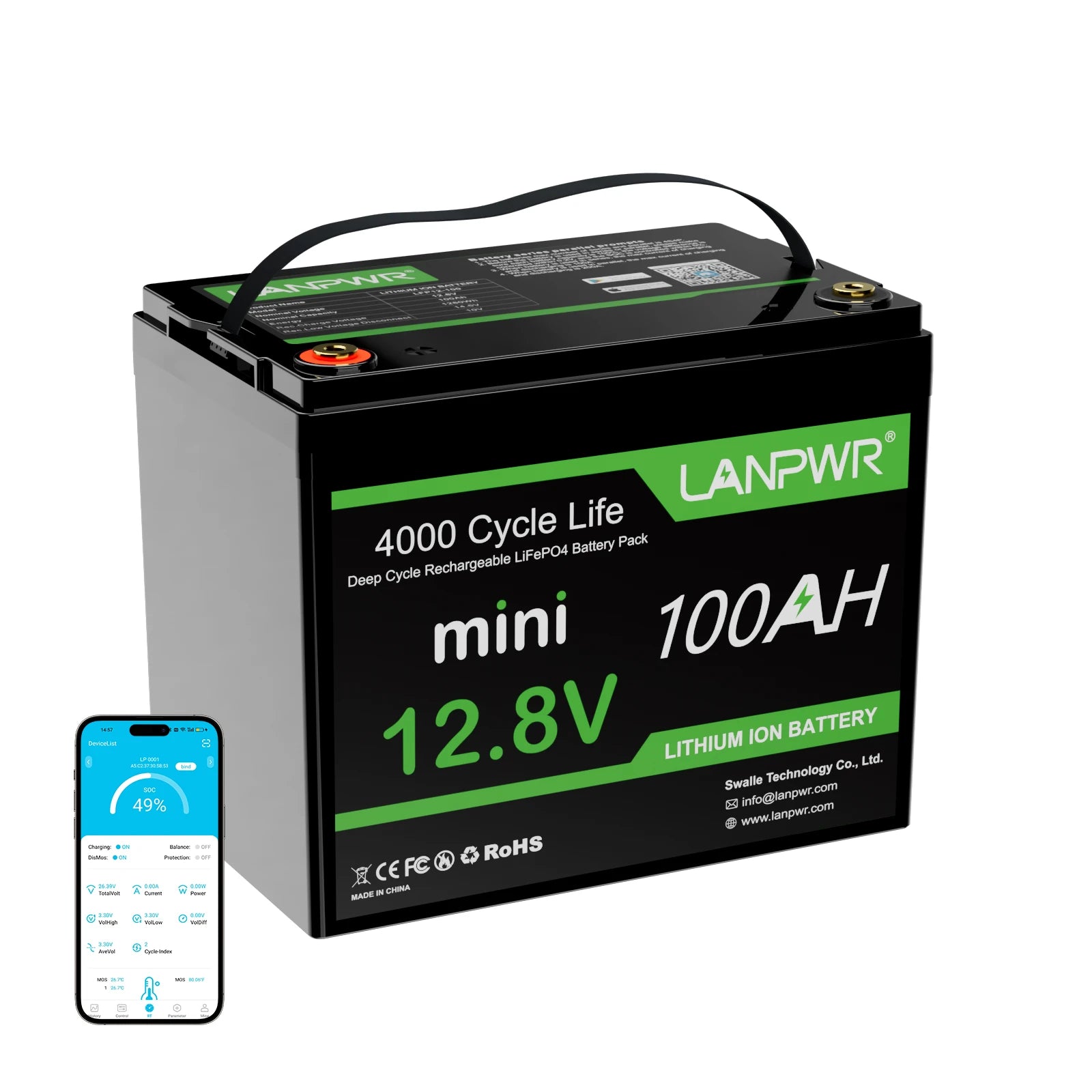

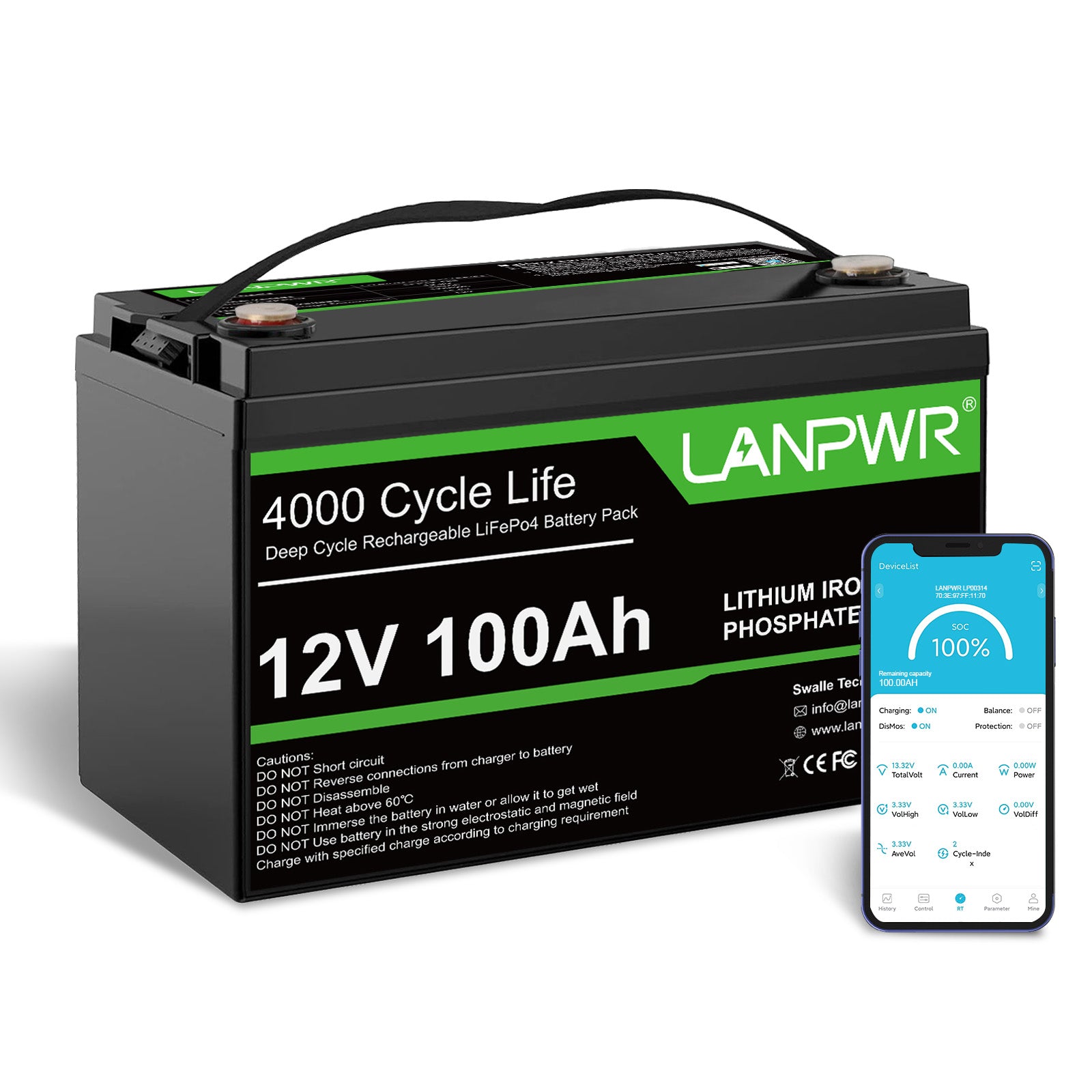

Leave a comment
This site is protected by hCaptcha and the hCaptcha Privacy Policy and Terms of Service apply.